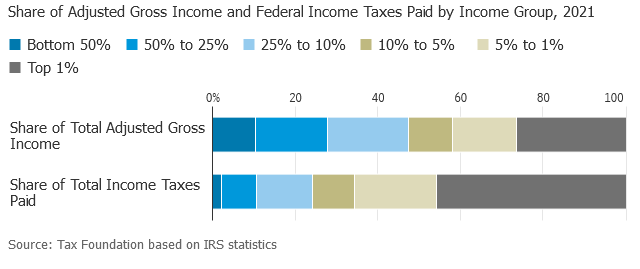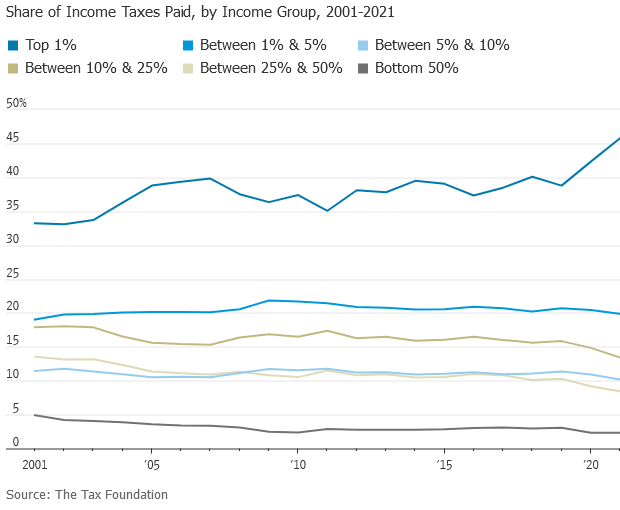The IRS is in front of Congress, saying the $60 billion with which Congress plussed up its money pot last year—an addition that was supposed to last for 10 years—already is used up, and Commissioner Danny Werfel is in, pleading for an additional $104 billion. The Wall Street Journal editors are correct to wave a big, red BS flag on that, saying Congress should demand (and conduct, I say) an audit of the IRS and its spending instead.
I agree. But I also say there’s an alternative path to controlling the IRS, and its spendthrift ways, and that alternative would benefit all of us average Americans and our businesses. It’s a proposal I’ve offered before.
Congress should pass, and the President should sign, legislation that would vastly simplify our tax code. The new tax code should have no income tax levied on our businesses—which don’t pay much in the way of income tax, anyway; business customers pay most of it—and the new personal income tax should be a single flat rate on all income, regardless of source, and with no credits, deductions, subsidies, or other frou-frou gerrymanders on income.
A rate in the range of 10% to 15% would raise all the revenues for the Federal government it needs to provide for the only three Constitutionally mandated spending types: providing for our national defense, paying our Federal government debts, and providing for the Article I, Section 8-enumerated items of the general Welfare of the United States.
A vastly reduced IRS, consisting primarily of receiving clerks, would be all that’s necessary to manage the resulting tax code. It’d be hard for such a reduced agency, even a Federal government one, to waste $60 billion.


